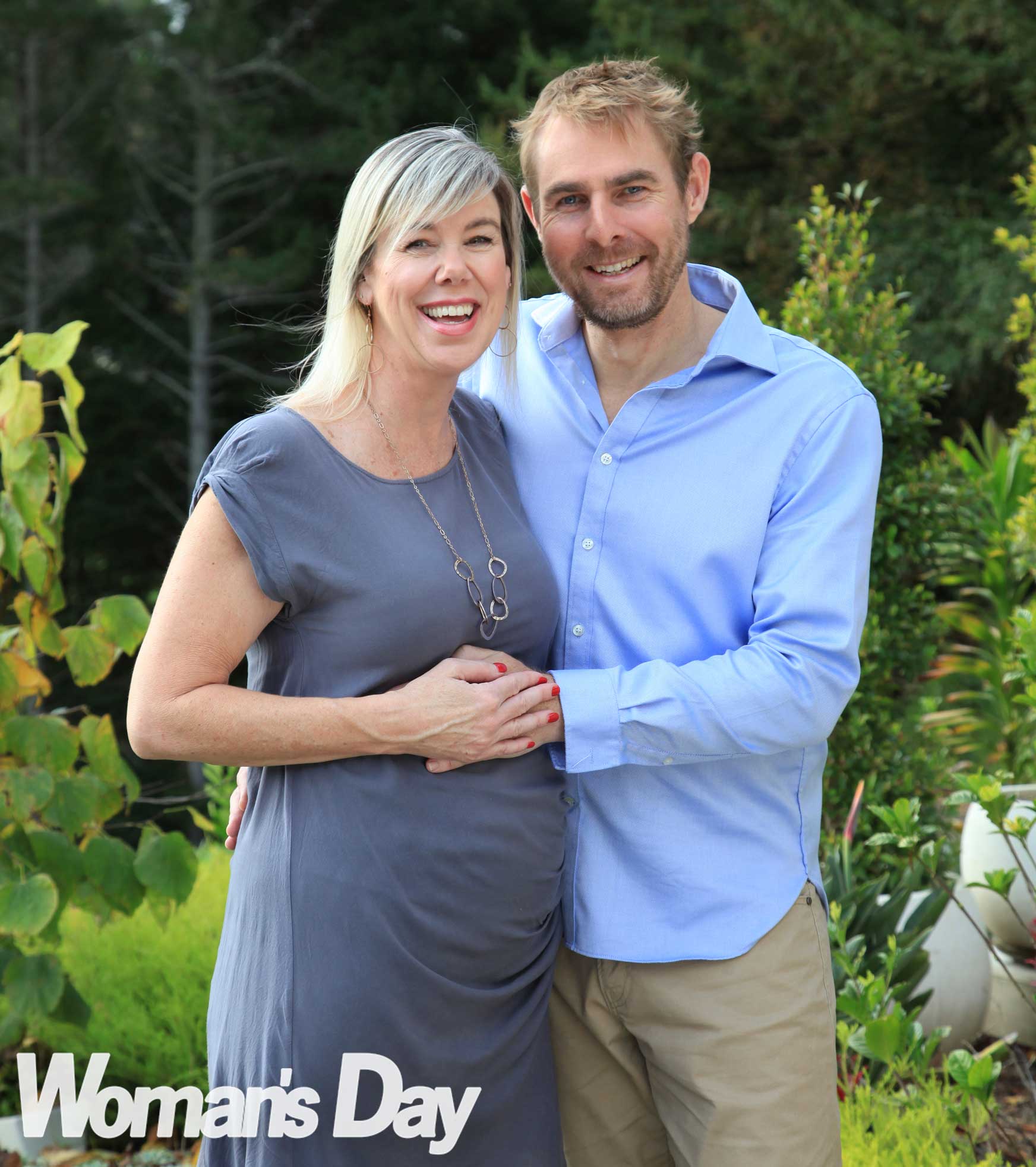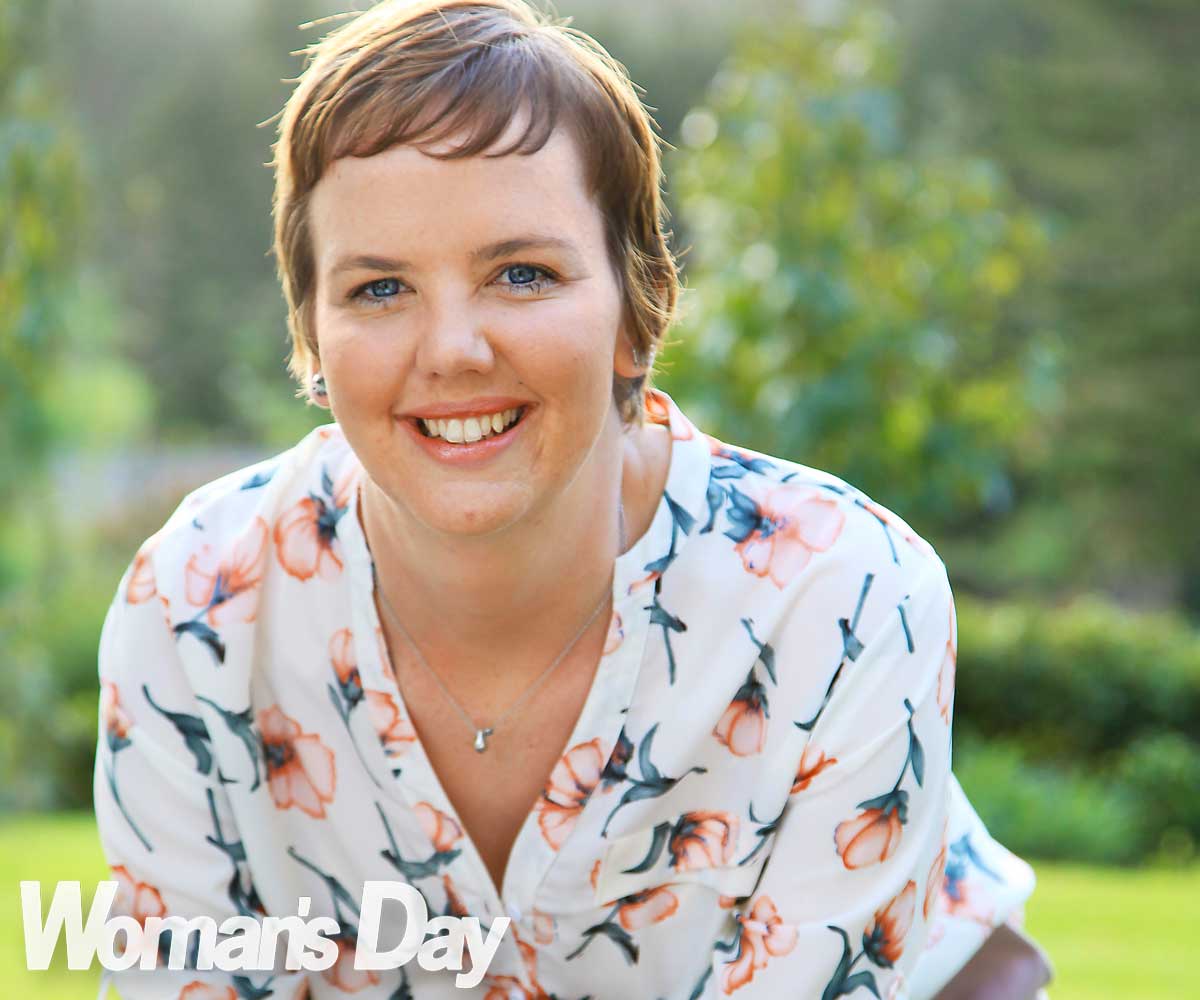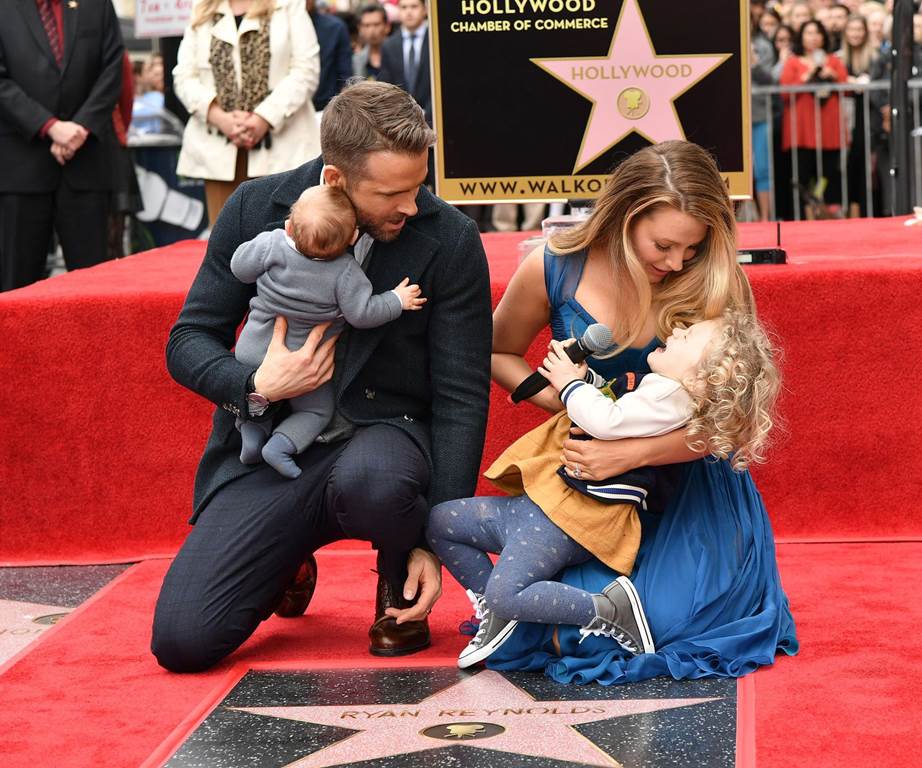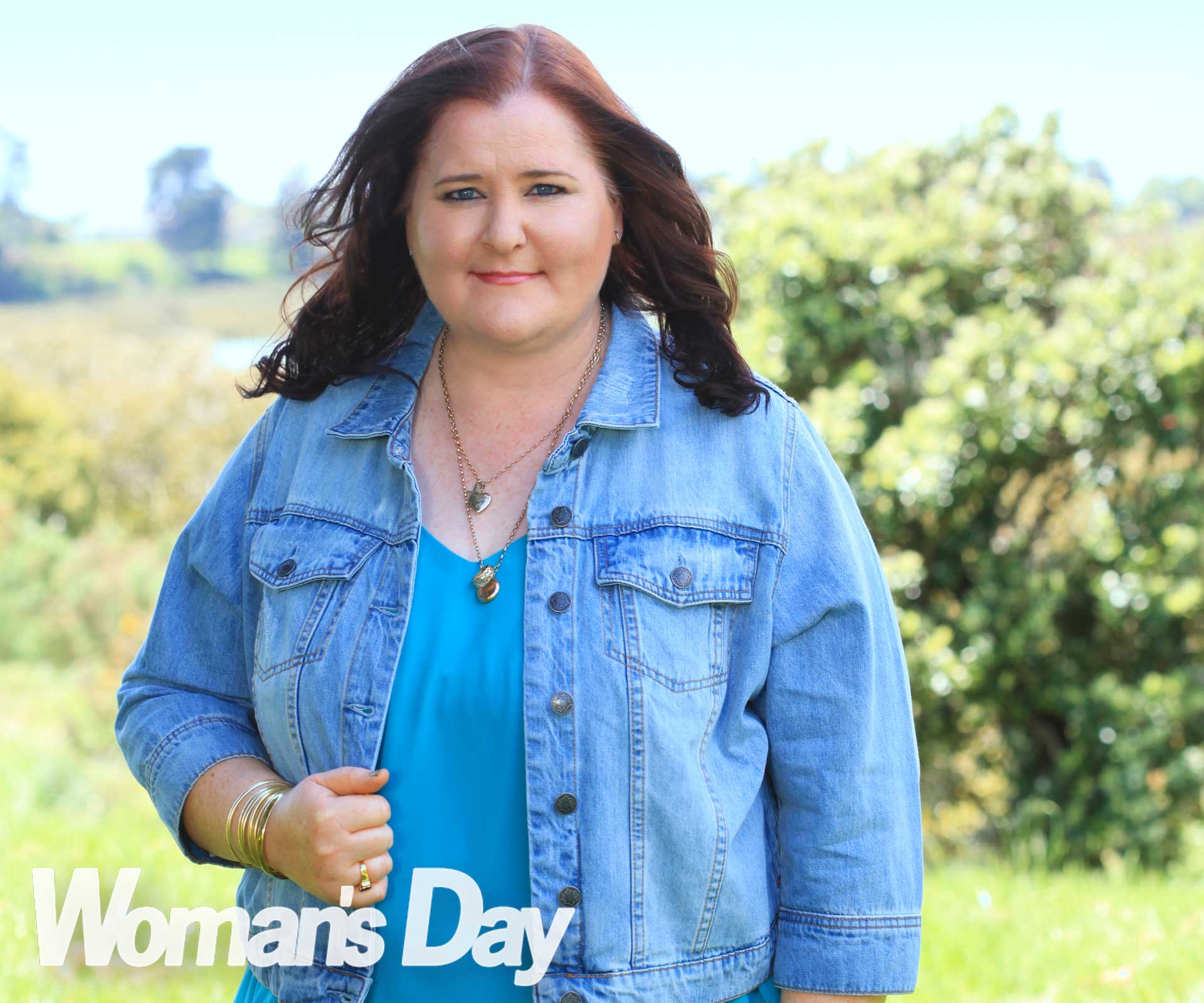Laura Giddey reckons she has the best of both worlds. As a marriage celebrant and egg donor, she gets to play a part in her two passions – weddings and babies – without all the extra stress that comes with them.
It’s pretty simple, she says. “I love ‘love’ and helping people where I can.”
So when the Aucklander spied an ad from a couple desperately looking for an egg donor to help them start a family, it was an easy decision to put her hand up, despite being single and only 29.
“I was in a networking group on Facebook where one of the members had a blog called Kiwi Families,” recalls Laura.
“It was quite serendipitous because why would I be following this blog, being a woman with no kids?”

Laura with Mary-Jane Stenbeck who is carrying a baby conceived with Laura’s egg.
“When the ad popped up looking for donors, I felt instinctively it was something I could do. It’s not for everybody. A lot of people probably feel more emotionally attached to their eggs than I do.”
Several years on, Laura has selflessly gone through numerous hormone injections, blood tests and scans to donate eggs to five different couples, resulting in four successful pregnancies. So far, she has met two of the babies and even attended one of the couple’s baby showers.
“As a donor, you have counselling sessions with the fertility clinics – one separately and one with the couple to make sure everyone is comfortable with everything along the way,” Laura explains.
“I said that I wasn’t donating eggs just so I could have a child in my life. I already have that through friends’ children. I firmly believe those couples are the parents and that DNA is not enough to make a relationship. The parents are the ones putting in all the work.”
However, Laura did inform couples she would be curious to see photos or have updates and if they wanted her to meet their child, she would be open to that.
“One family invited me to meet their baby boy at four weeks old,” she tells. “I didn’t feel anything emotionally when I saw him. It was mostly a feeling of being stoked for people I had come to care about, that they now had a child.”
Another couple Laura has helped is Mary-Jane and Glen Stenbeck, who were unsuccessful conceiving through IVF. “Then I got pregnant naturally and had a miscarriage,” says Mary-Jane.
“I left my corporate job at Air New Zealand to go into a job in early childcare, hoping that might fill the void. Alas, it made it worse!”
Mary-Jane felt that, at 46, another round of IVF would be futile, so the Helensville couple put out a cry for help to a select group of friends, asking if they knew of anyone who could donate an egg to them.
“A friend came back straightaway with details for Laura, who had been her wedding celebrant” says Mary-Jane. “We met Laura within the week and fell in love with her. She even looked a little bit like me – just a couple of decades younger!”
Happily, Laura and Glen subsequently produced eight “A-grade” embryos and Mary-Jane became pregnant on the first try. Baby Stenbeck is due at the end of July.
“We are so over the moon to finally have this dream come true and I feel so blessed to be experiencing pregnancy,” enthuses Mary-Jane.

Mary-Jane and Glen Stenbeck are thrilled to be expecting a baby thanks to Laura’s help.
Although Laura’s family and friends were initially surprised when she told them she wanted to donate her eggs, they were mostly supportive.
People inevitably asked her questions like,”What if you can’t have your children down the track and you feel attached to these ones?” or, “What if you have a partner one day who doesn’t agree that you did this?”
Yet a philosophical Laura smiles, “But they’re all ‘what-ifs’. I don’t know if any of those things will happen. They weren’t enough of a reason not to do it. And if I don’t meet someone and have my own children, it won’t be the end of my world either.”
While she was working as a celebrant, Laura – who recently officiated for the first couple to marry at the Auckland Pride Parade – also connected with a couple who she went on to donate eggs to.
“A woman contacted me after I had taken her sister’s wedding,” recalls Laura.
“She’d then heard me on a radio interview about being a donor and recognised my name. She had lost her ovaries to ovarian cancer but could still carry a baby.
“The woman had initially messaged me to help raise awareness. People can often assume infertility comes from leaving it too long to start a family, but there are many reasons. I offered to donate my eggs once she was cancer- free and ready to go down the track of having a baby.”

Laura officiates at a wedding at the Pride Parade.
They now have a seven-month-old son, whom Laura has met. The anonymous woman tells, “There is one word I always use to describe Laura … ‘Angel’. We can’t believe we got to meet her and our child is so lucky to be blessed with her genes.”
Physically, Laura says she’s been lucky not to experience any painful side effects that sometimes occur during the donation process, other than a bit of cramping on the day before and after the extraction, when ovaries are bigger than usual.
There is currently around a two-year waiting list for Kiwi couples wanting an egg donor, with most donors being paid a small amount to cover expenses. In 2016, to encourage more people to donate, Fertility Associates introduced a set donor reimbursement of about $2000.
“If there wasn’t a limit on egg donations in New Zealand [which is set at five families], I would keep going as I’d love to help more people,” says Laura, who is also open to the idea of being a surrogate in future.
“It’s such a small thing for me that can make such a huge impact on someone else.
“I don’t have any regrets about doing it and I’ve loved the process. The people I’ve met through it – not just the direct families, but other people with fertility issues who I’ve come into contact with – have given me an awareness of a struggle that’s not always talked about.”


